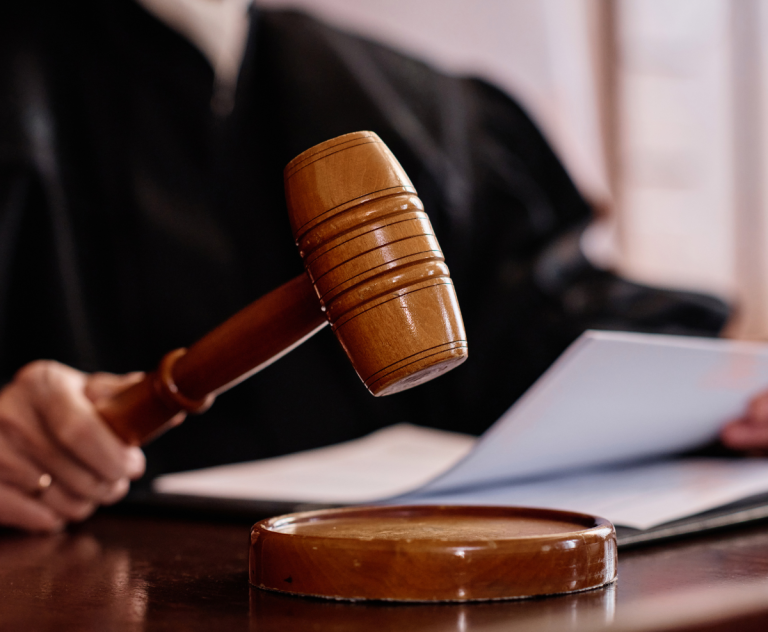12. 3. 2025
How to prove the indirect costs of holding shares? Key decisions of the SAC

A recent decision of the Supreme Administrative Court (SAC) No. 10 Afs 4/2024-38 of 18 June 2024 clarified several key issues concerning the liability of members of elected bodies for tax debts of legal entities. This judgment has brought important conclusions for tax administrators, in particular with regard to the assessment of the conditions for the creation of a liability of members of statutory bodies for tax arrears of a company.
The court's decision dealt with a situation where the sole managing director of a company had been convicted of a tax offence related to the unlawful evasion of excessive VAT deductions amounting to approximately CZK 13 million. Following this conviction, the company was dissolved with liquidation, but no tax arrears were paid out of the liquidation balance. The tax authority therefore issued a guarantee notice under the Tax Code and asked the managing director to pay the outstanding amount.
In its decision, the Supreme Administrative Court confirmed several important points that have a major impact on the practice of the tax administrator and the liability of members of statutory bodies.
1. Liability for tax debts under the Civil Code
The key point is the possibility of liability of members of elected bodies of a legal entity for its tax arrears. According to Article 159(3) of the Civil Code, a member of an elected body is liable for the debts of a legal entity if he or she has caused damage by breaching his or her duties in the performance of his or her duties and has not compensated for it. This also applies to tax arrears if the creditors cannot enforce payment against the legal entity itself.
2. Liability under the Tax Code
According to Section 171(1) of the Tax Code, a member of an elected body may be required to pay a tax arrears of the company if the law imposes a liability on him. In doing so, the tax administrator must prove a breach of duty in the performance of his or her duties and the occurrence of damage.
This judgment clearly shows that members of statutory bodies can be held personally liable for the tax debts of a company. Although the obligation to pay the tax arrears usually lies with the company, the tax authority may assert a liability claim against the individual if it finds that there has been a breach of duty in the management of the company.
The court also addressed the issue of limitation. A member of an elected body may argue that a duty to indemnify is time-barred, but if such an objection would be contrary to good morals, it need not be considered.
The decision also addressed the issue of limitation periods. As a general rule, a guarantee notice can only be issued within the time limit for the assessment of tax. In this case, however, the tax authority made use of the option under section 148(6) of the Tax Code, which allows a notice to be issued up to two years after a final court decision that an offence has been committed.
This judgment highlights that where there is a breach of due diligence, members of statutory bodies can be held personally liable for tax arrears. It is therefore essential that directors take care to exercise their functions properly and ensure that the company complies with its tax obligations.
Author: Alexa Horváthová
Author: Alexa Horváthová - Junior Tax Consultant